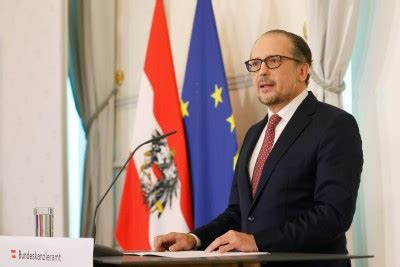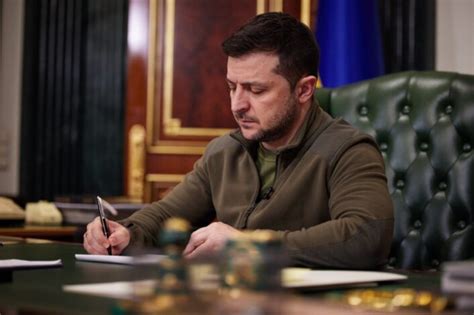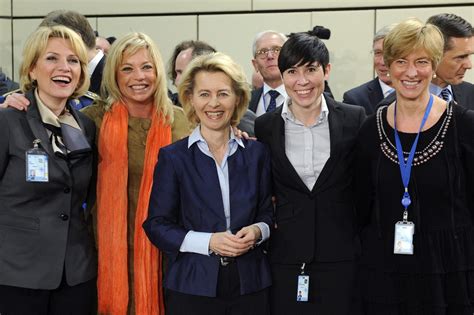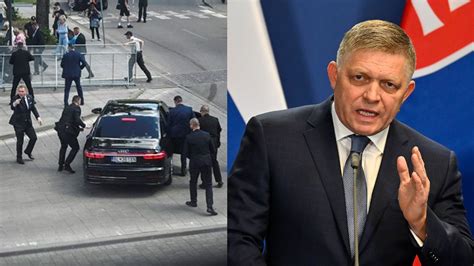German Foreign Minister Annalena Baerbock, a prominent figure in international diplomacy, recently shared her concerns and hopes regarding the delicate situation in Syria. As she participated in high-level discussions in Riyadh, the capital of Saudi Arabia, alongside European and Middle Eastern representatives, her words carried weight and significance for the region’s future.
In a candid interview with POLITICO, Baerbock expressed apprehension about the roles certain regional players like Turkey and Israel might play in Syria’s ongoing quest for peace. She highlighted Turkey’s independent security agenda and ongoing military actions by Israel as potential threats to stability. These factors, combined with the presence of various militias on the ground perpetuating violence from years of civil war, painted a complex picture of challenges facing Syria.
“Turkey is pursuing its own security policy.”
During her visit to Damascus earlier this year, Baerbock found some glimmers of hope amidst the turmoil. She acknowledged positive gestures from Syria’s new leadership who pledged inclusivity by involving all stakeholders in the country’s political transition. However, she remained cautiously optimistic about whether these promises would materialize into concrete actions that could steer Syria towards a more stable future.
“We must constantly remind ourselves that this is a terrorist militia.”
One key concern raised by Baerbock was the presence of Hayat Tahrir al-Sham (HTS), an offshoot of al Qaeda that seized control of Syria abruptly, ending decades-long rule by the Assad family. The intricate web of alliances between HTS and Turkish-backed Syrian National Army added layers of complexity to an already volatile situation on the ground.
In diplomatic circles convened at Riyadh, comprising EU officials such as Kaja Kallas and diplomats from Europe and the Middle East discussed potentially easing sanctions on Syria—a move aimed at fostering progress towards a more inclusive political transition reflective of Syria’s diverse society.
“Stabilizing Syria’s political situation is crucial.”
As deliberations unfolded among key EU countries advocating for lifting sanctions on Syria – including France, Germany, Spain among others – proposals encompassed areas such as facilitating transport links between EU nations and Syria, revisiting restrictions on oil & gas technology exports while reviving banking ties. Notably absent from these discussions were considerations about human rights abuses under Bashar Assad’s regime or potential repercussions faced by displaced Syrians seeking refuge within Europe.
Baerbock underscored the importance of achieving political stability in Syria not just for regional dynamics but also to enable millions who fled violence to eventually return home safely. Her insights shed light on the intricate balancing act required to navigate through political complexities while upholding humanitarian values—an endeavor critical for shaping a brighter tomorrow for war-torn Syria.











Leave feedback about this